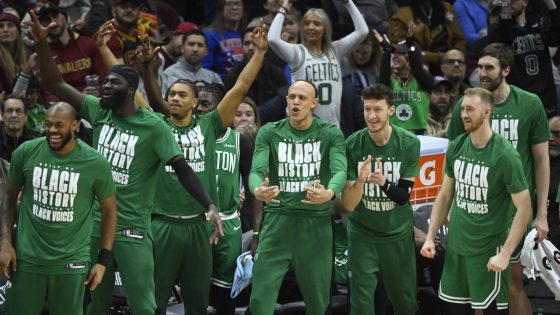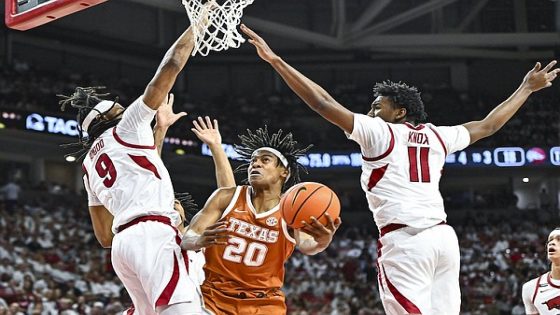On February 7, 2025, the NBA trade deadline came and went, leaving the Boston Celtics with only one minor trade. Did they miss an opportunity to strengthen their roster? With other teams making significant moves, the Celtics’ decision to stay quiet raises questions about their championship aspirations.
- Celtics traded Jaden Springer for financial relief.
- Focus shifted to the buyout market strategy.
- Cleveland Cavaliers strengthened their roster significantly.
- Celtics maintain pressure to repeat championship success.
- Stevens opted for stability over major trades.
Boston Celtics’ Trade Deadline Strategy: What Does It Mean for Their Future?
Why did the Celtics opt for a quiet trade deadline? By trading Jaden Springer, they prioritized financial flexibility over immediate roster improvements. This decision could impact their long-term strategy. Will this cautious approach hinder their chances at another title?
Celtics’ Quiet Trade Deadline: A Missed Opportunity or Smart Move?
The Celtics made a strategic choice to trade Springer, a player with potential but limited playing time. By offloading his $4 million contract, they not only saved money but also eased their luxury tax burden. This move indicates a focus on long-term financial health rather than quick fixes. Here are key points about their strategy:
- Saved approximately $15 million in luxury tax penalties.
- Maintained a deep, talented roster without making risky trades.
- Shifted focus to the buyout market for potential new additions.
- Faced increased pressure to perform after competitors strengthened their squads.
Impact of Competitors’ Moves on the Celtics
While the Celtics stood pat, their rivals, especially the Cleveland Cavaliers, made significant trades. The Cavaliers acquired De’Andre Hunter, enhancing their scoring options and defensive capabilities. This creates added pressure on the Celtics, who must now contend with a stronger Eastern Conference. How will they respond to this challenge?
Looking Ahead: The Buyout Market as an Opportunity
With a roster just below the league minimum, the Celtics are poised to explore the buyout market. This could be their chance to add a key player who can contribute to their championship pursuit. The Celtics are an attractive destination for buyout candidates, given their competitive position. Who might they target to bolster their chances?
In conclusion, while the Boston Celtics opted for a quiet trade deadline, their focus on financial flexibility and future opportunities could pay off. As they navigate the buyout market and prepare for the season’s final stretch, fans will be eager to see how this strategy unfolds.































